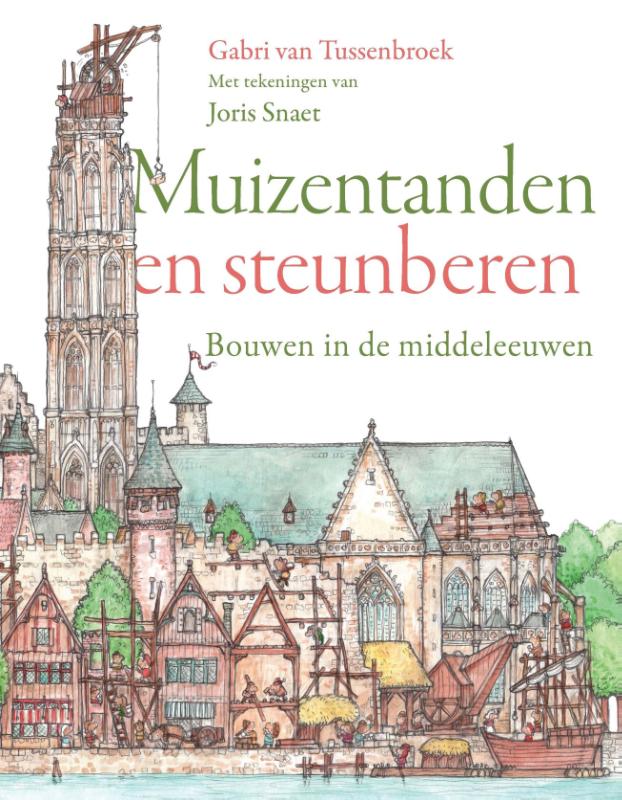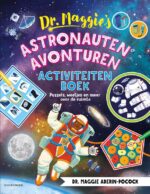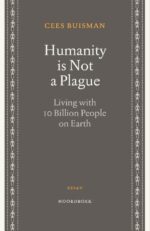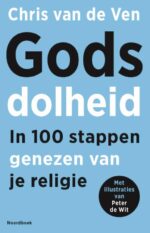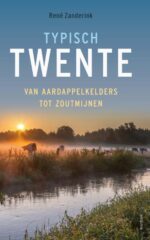Muizentanden en steunberen
€ 24,95
Hoe maak je eigenlijk een baksteen? En wat heb je nodig voor het vervaardigen van glas? Wie bepaalt hoe een gebouw eruitziet? En kan dat allemaal zomaar; bouwen?
Ook in de middeleeuwen wilden mensen een dak boven hun hoofd hebben. Maar je kon niet even naar de bouwmarkt, of dakpannen bestellen via internet. Toch bouwde men toen al kerken en kloosters, stadhuizen en markthallen, en ontelbare huizen. En veel daarvan staan er nog steeds!
Om te ontdekken hoe ze dat deden, gaan we in dit boeiende boek op reis langs bossen en bergen, rivieren en bouwplaatsen. Wat voor spullen had de middeleeuwer nodig? En wie hielpen er allemaal mee?
In Muizentanden en steunberen ontdek je alles over de vaak halsbrekende toeren die de middeleeuwers moesten uithalen om hun kerken, kastelen, torens en huizen te bouwen.
Gabri van Tussenbroek is specialist bouwhistorie bij de Rijksdienst voor het Cultureel Erfgoed en hoogleraar Bouwhistorie aan de Universiteit van Amsterdam.
Joris Snaet is doctor in de Kunstwetenschappen, illustrator en cartoonist.
Gerelateerde boeken
-
-
Humanity is Not a Plague
€ 19,90In ‘Humanity is Not a Plague’, Cees Buisman argues that it is possible for 10 billion people to exist together on this Earth – as predicted for the year 2100 – provided that the richer part of the world no longer merely focuses on its own health, prosperity and happiness, and instead starts working seriously on developing a higher consciousness.
In this essay, Buisman sharply analyzes some of the problems facing mankind, such as fresh water shortages, whilst overturning several clichés and offering unexpected, positive solutions. Overpopulation is not the problem; the effects of our actions on the rest of the world have a much greater impact. ‘Back to nature’ is not the solution, nor is an overreliance on science and innovation. Large-scale technologies could even increase our problems. It seems that the growth of humanity will depend on the growth of our consciousness.
Cees Buisman studied water purification engineering, in addition to business administration, communication theory and applied integral psychology. Throughout his life he has worked on new environmental technologies, which are used in industry all over the world. His scientific work is highly cited. Buisman is the Director of Wetsus – European Center for Sustainable Water Technology, and Professor at Wageningen University, in the Netherlands.
-
-
